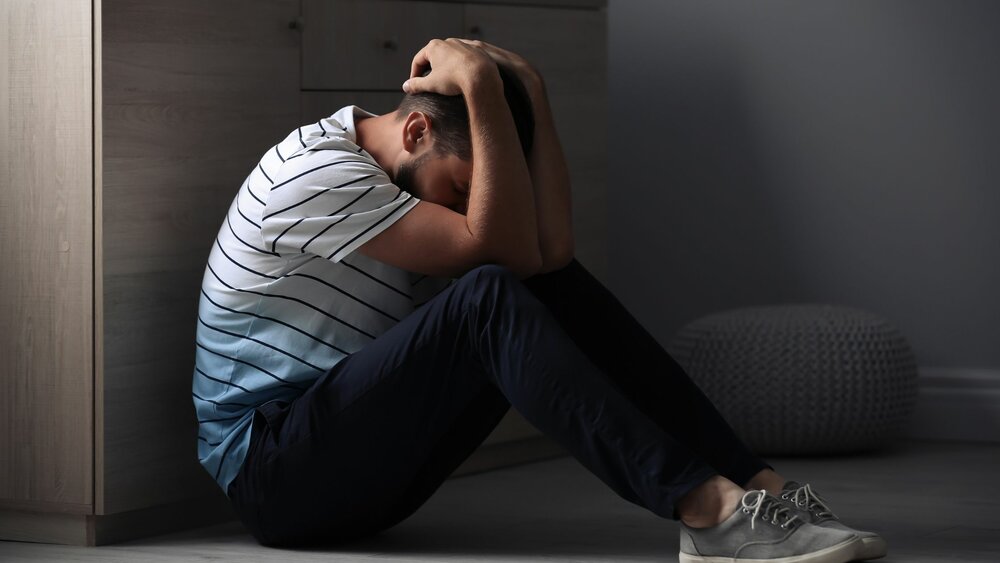When Does Grief Become Depression?
Grief and depression are intricate emotional states that often intersect, creating a blurred line between the two. It's essential to understand – “When Does Grief Become Depression?” as this distinction holds significant implications for one's mental and emotional well-being.
When Does Grief Become Depression?
Here, Wagg Funeral Home looks at – “When Does Grief Become Depression?”- the subtle but crucial differences between grief and depression and when it's time to seek professional assistance. This is how to distinguish grief from depression:
- Recognizing the differences between grief and depression can be challenging, but there are key distinctions:
- Grief typically arises in response to a specific loss or event, while depression may manifest without any discernible cause.
- Grief tends to be time-limited, gradually subsiding over time, while depression persists for weeks, months, or even years if left untreated.
- Grief may temporarily affect one's ability to function but usually doesn't lead to a complete breakdown in daily life. Depression often results in significant impairments, making it challenging to fulfill responsibilities and maintain relationships.
- Grief can erode self-esteem, but it rarely results in the severe self-criticism and feelings of worthlessness characteristic of depression.
- While grief and depression can involve thoughts of death or suicide, these thoughts are more persistent in individuals experiencing depression.
When Does Grief Become Depression?
Understanding when grief has transitioned into depression is crucial for timely intervention and support. Here are signs that may indicate the shift:
- If the intense emotions associated with grief persist for an extended period, such as several months, and show no signs of improvement
- When grief starts to significantly hinder daily functioning, affecting one's ability to work, maintain relationships, or engage in regular activities
- Increasing isolation from friends and family or a growing inability to derive joy from once-enjoyable activities
- The emergence of physical symptoms like changes in sleep patterns, appetite, and unexplained physical ailments
- The presence of frequent thoughts related to self-harm or suicide is a red flag that demands immediate attention from a mental health professional or crisis hotline.
Seeking Professional Help
If you suspect that grief has transitioned into depression, it's essential to seek professional assistance promptly. Mental health experts, including therapists, counselors, and psychiatrists, can properly diagnose and offer suitable treatment options, including therapy, medication, or a combination of both.
For more information on - When Does Grief Become Depression? Please call Wagg Funeral Home at 905-985-2171 or drop us a line. You can also send us your queries through this Online Form, and we will call you back to answer any questions.


 OFFICE Hours
OFFICE Hours 216 Queen St.
216 Queen St.
Comments